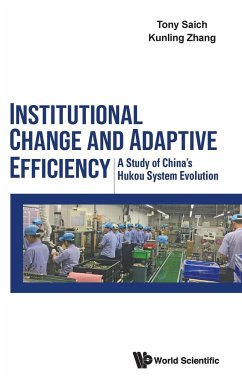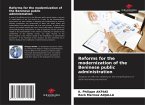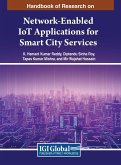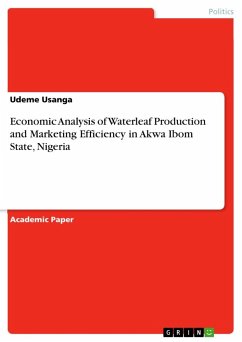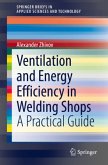Since the 1990s, neo-institutionalists have posited that "institutions matter". However, they overlook one important issue: the ways institutions change also matters. Numerous academic studies have identified "good" and "bad" institutions, but little has been written about effective methods of transforming "bad" institutions so that they enhance economic performance. To fill this gap, this book reframes the approach of neo-institutional economics to analyze institutions' role and evolution, focusing on the interaction between the household registration (hukou) system evolution and economic transformation. The authors apply an endogenous and dynamic perspective. First, the theory of endogenous institutional change illustrates how the drivers of hukou system evolution differ in the pre-reform and reform eras. Second, the theory of adaptive efficiency evaluates the evolution of the system's institutional efficiency. Finally, the authors were able to test the impact of the hukou reform on urban economic growth by examining local experimentation, helping explain the current "stickiness" of the system. At the heart of hukou reform lies the question of how to deal with the link between hukou and welfare provision. This book will offer policymakers a better understanding of institutional change in dynamic economic contexts, helping them enhance economic performance.
Hinweis: Dieser Artikel kann nur an eine deutsche Lieferadresse ausgeliefert werden.
Hinweis: Dieser Artikel kann nur an eine deutsche Lieferadresse ausgeliefert werden.

